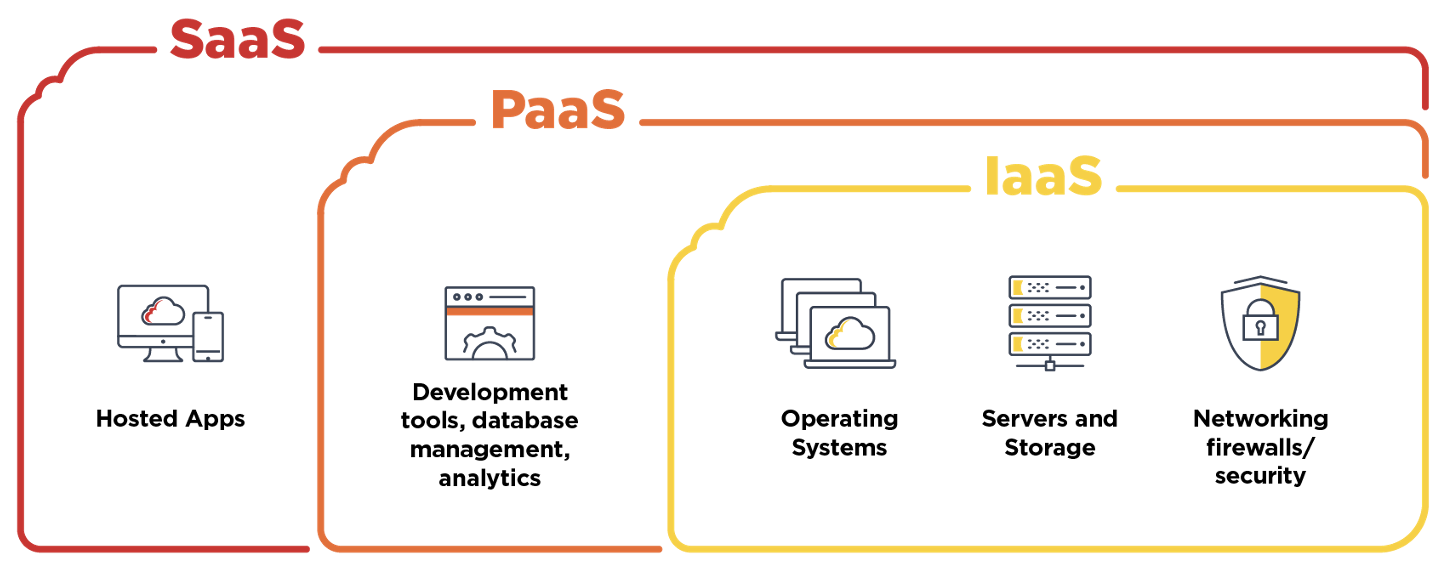Cloud services have become an essential resource for organizations, which means that the demand for appropriately qualified, specialized employees is high.
You’ve probably heard about “the cloud,” and you likely use a cloud service to listen to music and store your photos. Most recently, you might have tried or used ChatGPT.
Did you know that OpenAI and ChatGPT use Microsoft Azure’s cloud infrastructure to run their AI training and inference workloads?
But what exactly is cloud computing? According to Microsoft, “cloud computing is the delivery of computing services — including servers, storage, databases, networking, software, analytics, and intelligence — over the internet (‘the cloud’) to offer faster innovation, flexible resources, and economies of scale. You typically pay only for the cloud services you use, helping to lower your operating costs, run your infrastructure more efficiently, and scale as your business needs change.”
The need to manage and host complicated services on-site is alleviated with cloud computing. Cloud-based systems are also scalable and flexible, so organizations are free to grow and balance their cloud-based resources as needed.

There are four main types of cloud computing services:
1. Software as a service (SaaS) supplies the software deployed to end users, eliminating the need to manage applications for each user.
2. Platform as a service (PaaS) supplies the environment and tools needed to develop, manage, and test software applications.
3. Infrastructure as a service (IaaS) supplies the cloud computing infrastructure, including servers, storage, networks, and operating systems.
4. Serverless computing is a means of providing back-end services as needed, without having to manage the required infrastructure. The cloud provider handles the setup and management, and will scale their services for you.
What’s the Future of Cloud Computing?
Transitioning to a multi-cloud approach
Many organizations now find themselves using a multitude of cloud-based services. A hybrid cloud, or multi-cloud approach, allows these different services to interact with one another with greater flexibility, resilience, and security while optimizing costs and improving performance.
The rise of artificial intelligence (AI) and machine learning (ML)
There are many advantages to deploying AI applications. AI can be resource-intensive, and the cloud allows flexibility in the scale and expandability of AI systems. With the help of AI and ML, cloud applications can analyze vast amounts of data, automate processes, and deliver more personalized experiences to users. This technology is set to transform many industries in the coming years.
Cloud security and zero trust
By their very nature, most cloud services are public-facing, complex, and dynamic, which makes them a unique cybersecurity challenge. As cyber threats continue to evolve, there’s more investment in new technologies and approaches to protect users’ data. With a zero-trust architecture in cloud, organizations can minimize the risk of data breaches — as every user, device, and application requires authentication and authorization before being granted access to any resources.
Demand for a specialized workforce
The growth of cloud computing is increasing the demand for those with the right qualifications. According to Grand View Research, the global pre-pandemic cloud market was valued at $266 billion (USD) and the compound annual growth rate (CAGR) was expected to be 14.9 per cent from 2020 to 2027. After the pandemic, the expected CAGR has grown to 17.5 per cent by 2025.
As cloud-based services become more prevalent, education and experience in this growing field have become valuable ways to advance in your career.
How to Learn More About Cloud Computing?
University of Calgary Continuing Education now offers an array of cloud computing programs, each under 100 hours. With an industry focus, these programs will provide you with the skills needed to construct cloud-based solutions that support the needs of your organization.
Cloud computing is far-reaching and touches on a number of interrelated fields. If you’d like to learn more about AI and ML, data analytics, cloud security, cloud infrastructure, or data engineering, there’s a program for you.
Programs Available
Big Data in Cloud
90 hours
Cloud Computing Fundamentals
45 hours
Cloud Security on Microsoft Azure
90 hours
Enterprise Data Analytics Using Microsoft Azure and Microsoft Power BI
60 hours
Deep Learning and Scalable Machine Learning
90 hours
Information Systems Security
96 hours
Machine Learning and AI on Microsoft Azure
75 hours
Machine Learning and Visualization
90 hours
Microsoft Azure Cloud Infrastructure
90 hours
Microsoft Dynamics and Power Platform Fundamentals
45 hours
Relational Database and Data Engineering on Microsoft Azure
75 hours
Solution Architecture on Microsoft Power Platform
90 hours
Not sure where to start? These three online courses are currently available free of charge to help you start your learning journey. Each course will prepare you to write a Microsoft Certified Fundamentals exam.
ICT 906 Microsoft Azure Fundamentals
Azure is a cloud computing platform with an ever-expanding set of services designed to help you build solutions to meet your business goals.
ICT 901 Microsoft Azure AI Fundamentals
Learn about the fundamental concepts of AI and the services in Microsoft Azure to build AI solutions.
ICT 907 Microsoft Security, Compliance, and Identity Fundamental
Learn about Microsoft security, compliance, and identity concepts, solutions, and capabilities.
Learners will be eligible to write the related Microsoft certification exam at no cost before the course section end date.
Seats are limited and are first come, first served.
Accelerate your career.




